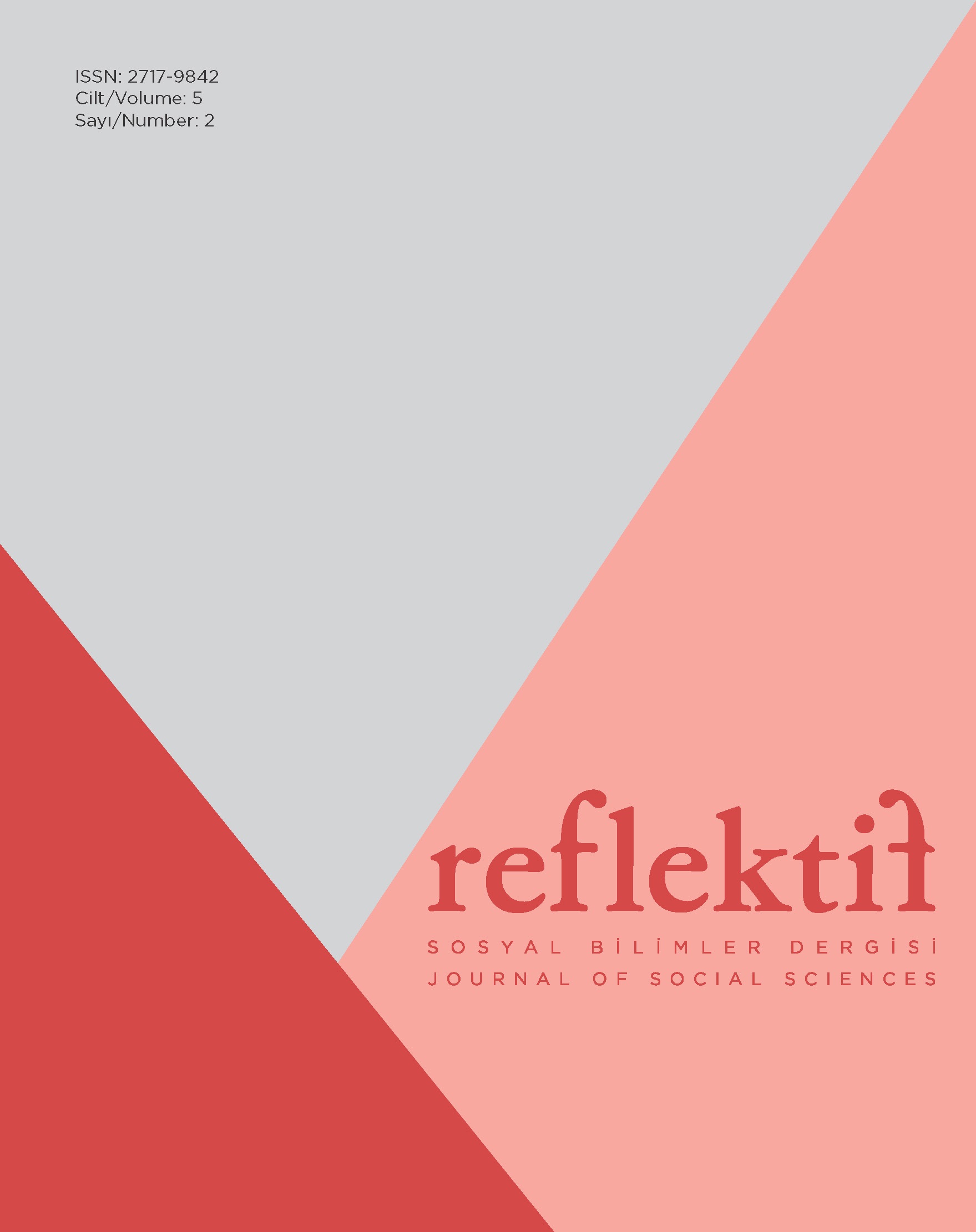Human Complementation Must Aid Automation to Mitigate Unemployment Effects due to AI Technologies in the Labor Market
DOI:
https://doi.org/10.47613/reflektif.2024.176Keywords:
artificial intelligence, automation path, human-complimentary path, employment, equalityAbstract
Artificial intelligence (AI) technologies are spreading into all areas of life much more comprehensively than major technologies of the past. This rapid and extensive spread is leading to the formation of an AI ecosystem in a short period of time. We are now talking about a machine culture beyond human culture. The massive benefits provided by AI technologies have facilitated their rapid spread, but on the other hand, have also led to the neglect of the risks they cause and will cause in the long term. At this point, humanity is at a stage where it can no longer ignore the risks. Since AI technologies deepen inequalities in all areas where they are applied, the benefits they bring are not shared fairly, and are limited to very few groups. Moreover, a strong wave of unemployment is coming, especially in the labor market. Therefore, this study evaluates the potential impacts of AI technologies on employment. We emphasize that humanity is at a crossroads in this context; an automation path that does not prioritize employment will lead to unemployment waves unlike previous technological revolutions. These unemployment waves will have varying adverse effects at individual and societal levels. Individuals with low skills and countries that are industrially underdeveloped and unable to invest in AI technologies will be affected most. Therefore, instead of rapidly progressing towards the path of automation, we emphasize that a human-complementary path, which prioritizes employment and continuously reduces the gap between low- and high-skilled individuals, could mitigate these adverse effects. Thus, we caution that while it is possible to benefit from the automation provided by AI technologies, overall productivity and welfare can increase only by focusing also on reducing skill gaps and creating new job opportunities.
Downloads
Published
How to Cite
Issue
Section
License
Copyright (c) 2024 Mahmut Özer, Matjaz Perc

This work is licensed under a Creative Commons Attribution-ShareAlike 4.0 International License.
All manuscripts which are submitted to the REFLEKTIF Journal of Social Sciences should not be published, accepted and submitted for publication elsewhere.
In case an article is accepted for publication it is allowed to combine the article with other researches, to conduct a new research on the article or to make different arrangements on condition that the same license is used including the commercial purpose.
As an author of an article published in REFLEKTIF Journal of Social Sciences you retain the copyright of your article and you are free to reproduce and disseminate your work.




